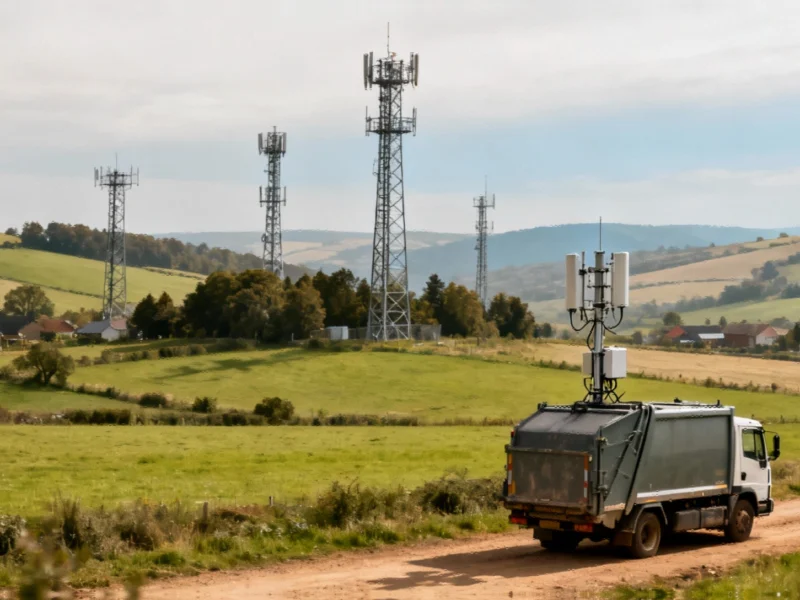According to TheRegister.com, the Department of Homeland Security has proposed a sweeping expansion of biometric data collection that would affect both immigrants and US citizens. The rule, published on November 3, 2025, would require practically anyone associated with an immigration case—including applicants, sponsors, supporters, and even US citizens filing family-based petitions—to submit biometric information regardless of age. DHS wants to expand beyond current fingerprint and photo requirements to collect DNA, voice prints, and ocular imagery. The agency also seeks authority to collect biometrics from any immigrant apprehended or encountered by DHS. Public comments are being accepted until January 2, 2026, with current submissions showing nearly universal opposition to what critics call unconstitutional overreach.
When citizens become targets
Here’s what really stands out about this proposal: it’s not just about immigrants anymore. DHS wants to collect biometric data from US citizens who are “associated with” immigration cases. Think about that for a second. If you’re sponsoring a family member’s visa application, you could be required to provide your DNA, voice recordings, and facial scans. The rule specifically mentions US citizens would need to submit biometrics “when they submit a family-based visa petition.” That’s a massive expansion of surveillance into the citizen population, all under the umbrella of immigration enforcement.
What exactly are they collecting?
The proposal dramatically broadens what counts as biometric data. We’re talking about moving beyond fingerprints and photos to include DNA, voice prints, and even “ocular imagery”—that’s iris scans to you and me. DHS wants the authority to require raw DNA or DNA test results to verify biological relationships or even “prove or disprove biological sex” when relevant to benefit eligibility. And they’re giving themselves room to add new biometric types as technology develops. Basically, if it can measure your body or behavior, DHS wants to collect it.
<h2 id="privacy-concerns”>Why this should worry you
Look, we’ve seen how this plays out. Facial recognition technology has well-documented problems with misidentifying people of color. Voice prints can be spoofed with AI. And DNA? That’s about as personal as data gets. The rule mentions keeping “partial profiles” of DNA results, which raises serious questions about how this genetic information will be stored, secured, and potentially used beyond its stated purpose. When TheRegister.com asked DHS for clarification, the agency didn’t provide specific answers about this proposal—they just sent the same statement they used for a different biometric expansion last week. Not exactly reassuring.
What people are saying
The public comment period is open until January 2, 2026, and so far the response has been overwhelmingly negative. People are calling this government overreach, comparing it to surveillance in authoritarian states, and pointing to Constitutional protections against unreasonable search and seizure. You can read the full proposal and submit comments at the Federal Register or through Regulations.gov. Organizations like the National Immigration Law Center have been tracking how immigration policies affect civil liberties, and this expansion certainly fits that pattern.
Where this could lead
So here’s the thing: once this data is collected, what happens to it? DHS says it’s for identity verification and preventing fraud, but history shows that government databases tend to expand their purposes over time. We’re looking at creating what could become the largest biometric database of Americans and immigrants in US history. And the fact that citizens are now included sets a concerning precedent. If they can collect your DNA because you’re helping a family member with immigration paperwork, what’s next? This feels like we’re crossing a line that’s going to be very difficult to uncross.




